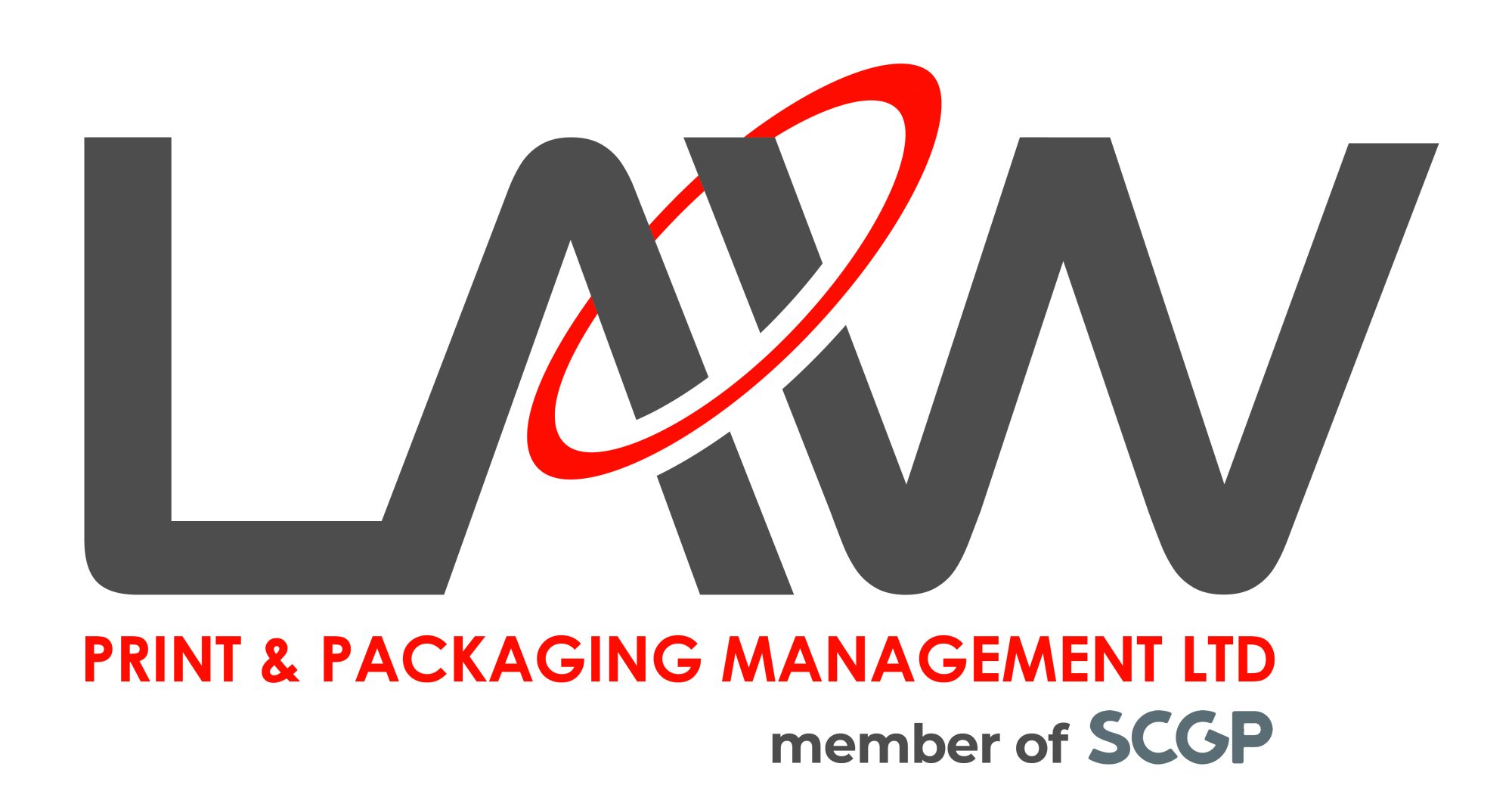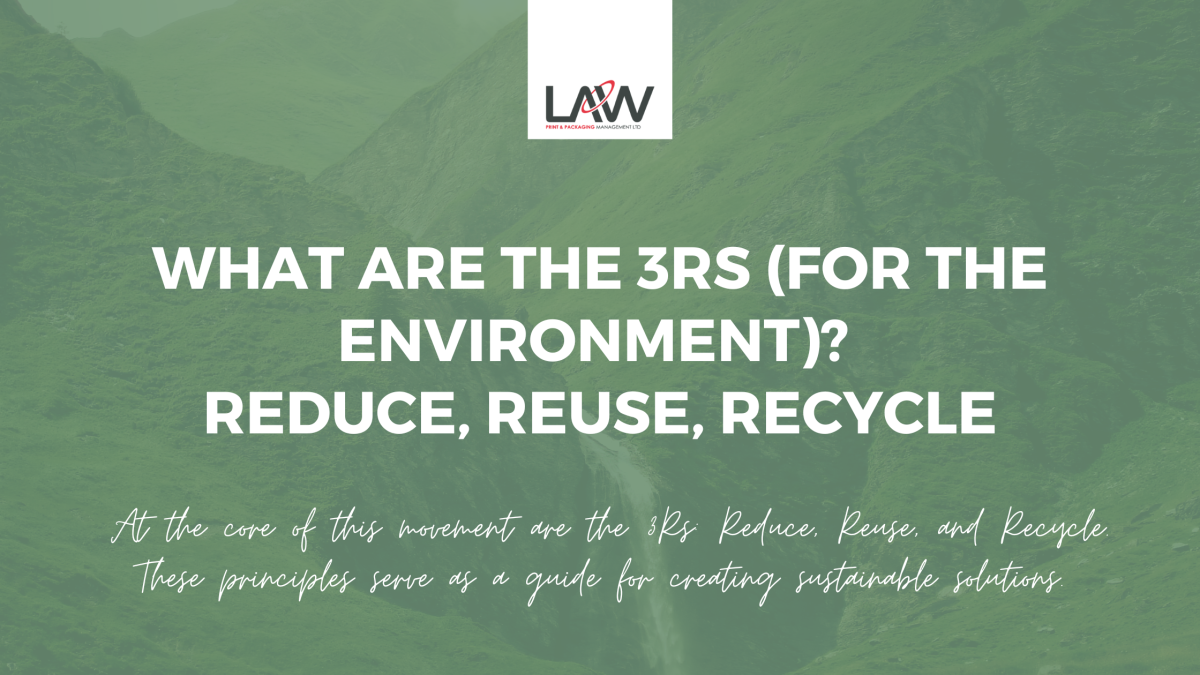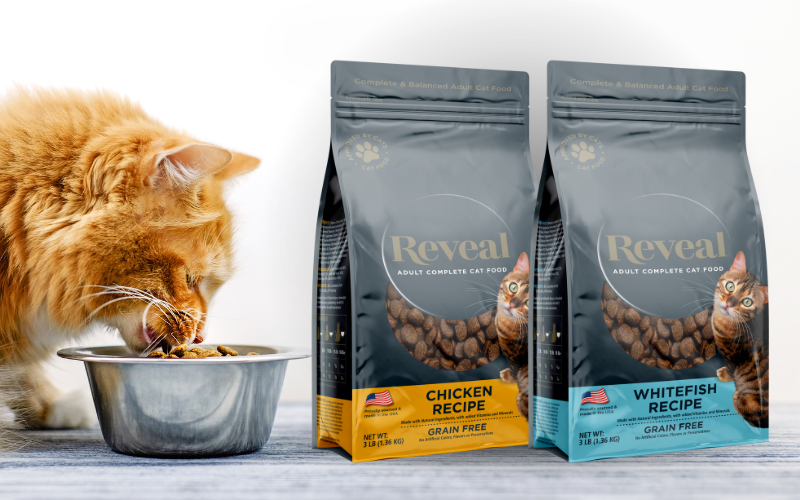In recent years, environmental awareness has gained significant momentum, pushing businesses and individuals alike to reevaluate their habits to lessen their environmental impact. At the core of this movement are the 3Rs: Reduce, Reuse, and Recycle. These principles serve as a guide for creating sustainable solutions that benefit the planet and help conserve its limited resources.
1. Reduce: Minimising Waste from the Start
The first “R” focuses on reducing waste at its source. This is the most effective way to address environmental challenges because it involves cutting down on the amount of material we use in the first place. Reducing means making conscious decisions about what we consume and how much. It’s about asking the question, “Do I need this?” before making purchases or using resources.
In the packaging industry, for example, reducing material use is essential. By designing products that use less material or finding alternatives that have a lower environmental footprint, companies can decrease waste production while still meeting consumer needs. This might include using lightweight packaging or opting for more durable, long-lasting materials. Consumers can also participate by buying in bulk, avoiding single-use plastics, and choosing products with minimal or eco-friendly packaging.
2. Reuse: Giving Items a Second Life
The second “R” encourages us to reuse products and materials instead of discarding them after one use. Reusing is about creativity and resourcefulness, extending the life of items before they enter the waste stream. It can also mean repurposing things for new uses or donating them for others to use.
In daily life, reusing can be as simple as bringing reusable shopping bags, using refillable water bottles, or upcycling items like glass jars into storage containers. For businesses, reusable packaging systems, such as returnable containers or pallets, can greatly reduce the amount of waste generated. Not only does reusing help save resources, but it also reduces the energy and emissions that come from producing new products.
3. Recycle: Turning Waste into New Resources
The third “R,” recycling, involves processing waste materials to make them into new products. It’s a crucial step in the waste management hierarchy but comes after reducing and reusing because recycling still requires energy and resources. The goal is to divert as much waste as possible from landfills by turning used materials into something new, whether it’s paper, plastic, metal, or glass.
Recycling has become a major focus in the packaging world. Companies are increasingly developing materials that are easier to recycle or incorporate recycled content into their products. However, it’s important to remember that not all materials are recyclable everywhere, and contamination can limit the effectiveness of recycling programs. Therefore, educating consumers on proper recycling habits is key to making this process successful.
Why the 3Rs Matter
The 3Rs—Reduce, Reuse, and Recycle—form a fundamental approach to sustainable living. They remind us that every small action can make a significant difference when it comes to protecting our planet. By reducing the amount we consume, reusing what we already have, and recycling whenever possible, we can collectively reduce our environmental footprint and create a healthier planet for future generations.
In industries like packaging, adopting the 3Rs is not only a responsible choice but also a practical one. As more businesses and consumers prioritise sustainability, embracing the 3Rs can help foster innovation, reduce waste, and contribute to a circular economy that benefits both people and the planet.
Final Thoughts
Sustainability isn’t just a buzzword; it’s a necessary shift in how we operate in a world with finite resources. Whether it’s through reducing consumption, reusing materials, or recycling properly, these steps allow us to make smarter, more environmentally friendly choices. By integrating the 3Rs into our daily routines and business practices, we take vital steps toward creating a more sustainable future.
If your brand wants to invest in quality packaging, we will guide you through the entire print process. In addition, we are providing recommendations along the way to improve efficiency, reduce costs and add untold value to the end product.
Contact us on +44 (0) 161 440 7302 or follow this link to complete our contact form – or, we’ll see you there!


